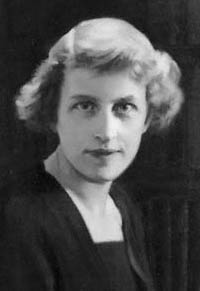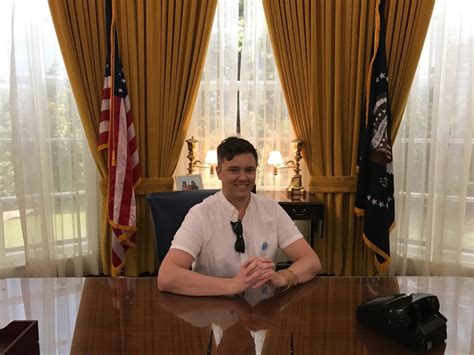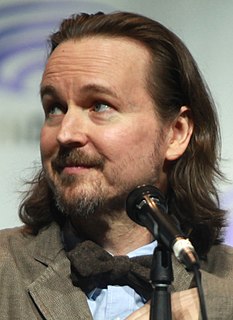A Quote by George Orwell
How could you make appeal to the future when not a trace of you, not even an anonymous word scribbled on a piece of paper, could physically survive?
Related Quotes
There was nothing else to do but call upon the Creator, praying, begging, pleading, bargaining—anything to make him protect Xavier. I couldn’t have him ripped away from me like that. I could survive emotional turmoil; I could survive the most intense physical torture. I could survive Armageddon and holy fire raining down upon the earth, but I could not survive without him.
The world is like a sheet of paper on which something is typed. The reading and the meaning will vary with the reader, but the paper is the common factor, always present, rarely perceived. When the ribbon is removed, typing leaves no trace on the paper. So is my mind - the impressions keep on coming, but no trace is left.
He began to trace a pattern on the table with the nail of his thumb. "She kept saying she wanted to keep things exactly the way they were, and that she wished she could stop everything from changing. She got really nervous, like, talking about the future. She once told me that she could see herself now, and she could also see the kind of life she wanted to have - kids, husband, suburbs, you know - but she couldn't figure out how to get from point A to point B.
What's fascinating . . .is that you could now have a business that might have been selling for $10 billion where the business itself could probably not have borrowed even $100 million. But the owners of that business, because its public, could borrow many billions of dollars on their little pieces of paper- because they had these market valuations. But as a private business, the company itself couldn't borrow even 1/20th of what the individuals could borrow.







































